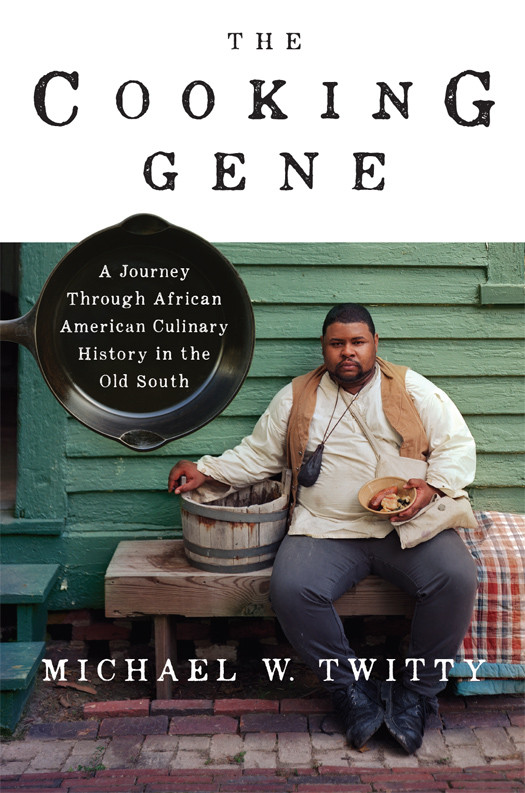

Most ebook files are in PDF format, so you can easily read them using various software such as Foxit Reader or directly on the Google Chrome browser.
Some ebook files are released by publishers in other formats such as .awz, .mobi, .epub, .fb2, etc. You may need to install specific software to read these formats on mobile/PC, such as Calibre.
Please read the tutorial at this link: https://ebookbell.com/faq
We offer FREE conversion to the popular formats you request; however, this may take some time. Therefore, right after payment, please email us, and we will try to provide the service as quickly as possible.
For some exceptional file formats or broken links (if any), please refrain from opening any disputes. Instead, email us first, and we will try to assist within a maximum of 6 hours.
EbookBell Team

5.0
80 reviewsSouthern food is integral to the American culinary tradition, yet the question of who "owns" it is one of the most provocative touch points in our ongoing struggles over race. In this unique memoir, culinary historian Michael W. Twitty takes readers to the white-hot centre of this fight, tracing the roots of his own family and the charged politics surrounding the origins of soul food, barbecue, and all Southern cuisine. From the tobacco and rice farms of colonial times to plantation kitchens and backbreaking cotton fields, Twitty tells his family story through the foods that enabled his ancestors’ survival across three centuries.
"This book isn't an archive dump – it's a vibrant, emotionally charged work that crackles with vitality and contemporary stories ... The threads are numerous and long, but when woven together into the book, they tell a story of a diaspora with a remarkably deep cultural memory that is enhanced by (and often comprised of) food..." - James Norton, Christian Science Monitor
Along the way, he reveals a truth that is more than skin deep — the power that food has to bring the kin of the enslaved and their former slaveholders to the table, where they can discover the real America together.
"Twitty leans hard on the past, yet much of his personality - which shines through these pages — is rooted in his homosexuality and in his conversion to Judaism. Things get extra fascinating when he marches out a brilliant idea for an African-American equivalent of both Passover and Yom Kippur, where we atone for our sins and remember our history by eating gross food from each cuisine." - Max Watman, The New Y